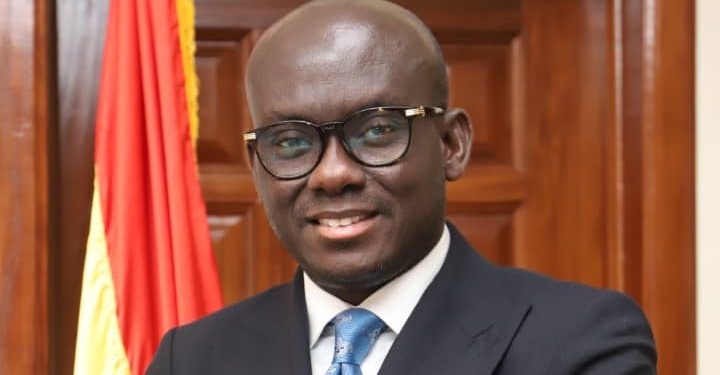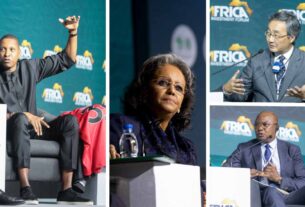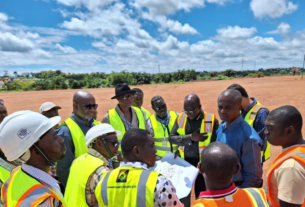The Government of Ghana (GoG) was the target of a lawsuit from the ECOWAS Community Court of Justice (CCJ) that questioned the legality of the so-called “Agyapa deal,” or Gold Royalties Monetization Transaction, arrangement.
In December 2020, Transparency International, the Ghana Integrity Initiative (GII), and the Ghana Anti-Corruption Coalition (GACC) brought the government before the Court of Criminal Justice (CCJ) to request an injunction to stop the Agyapa deal.
The applicants argued that the Agyapa deal violated Ghanaians’ rights to have long-term sovereignty over the nation’s natural resources under the African Charter on Human and People’s Rights by being dominated by “politically exposed persons” and by doing so.
According to Emmanuel Ebo Hawkson of Graphic Online, the court, which met in Abuja, Nigeria, last Tuesday, upheld the government’s defence and rejected the claims of the three civil society organisations.
The court announced that it would later release its full justification for its choice.
Applicants case
The applicants had argued that the Agyapa deal broke numerous international anti-corruption treaties and, if approved, would give foreigners control over Ghana’s gold reserves.
In addition to requesting that the CCJ prevent the government from moving forward with the deal, the applicants also asked that the court instruct Ghana to look into any and all allegations of corruption connected to the deal “and ensure that any and all alleged perpetrators are brought to justice”
Defence
The government, in its defence, however, refuted the case of the applicants and argued that the Agyapa deal was not meant to cede the sovereignty of the country’s resources to foreigners.
“The proposed Agyapa transaction is intended as a means by which only a portion of the proceeds from the exploitation of natural resources of Ghana is invested to ensure that the people of Ghana obtain the benefit therefrom,” the Attorney-General (A-G), Godfred Yeboah Dame, submitted
Transparency International, the initial applicant, was a German organisation and therefore not a member of the ECOWAS Community, so it was the government’s case that it was ineligible to participate in the action.
Additionally, the government claimed that the applicants’ claim that the Agyapa deal infringed on Ghanaians’ right to sovereignty over natural resources was “not based on sound legal reasoning and meritless.”
The applicants’ claims that the deal was dominated by “politically exposed persons” who “intend to misappropriate Ghana’s resources” were allegedly unsupported by any evidence, according to the government.
Background
With the primary goal of maximising the country’s mineral wealth for Ghanaians while ensuring that receiving royalties from gold mining companies was sustainable, Parliament passed the Minerals Income Investment Fund Act, 2018 (MIIF Act 978).
The law was changed to allow for the incorporation of subsidiaries and the use of it as a special purpose vehicle for conducting international business.





